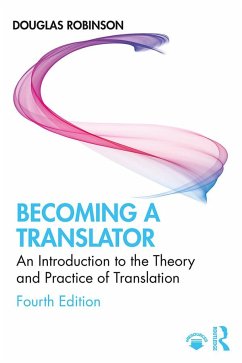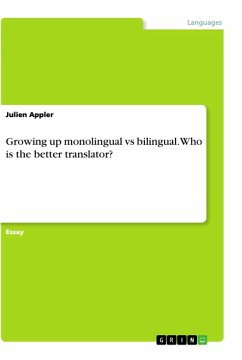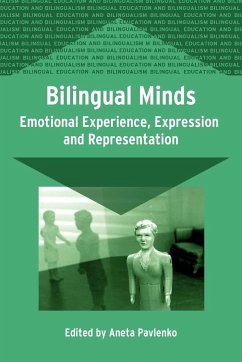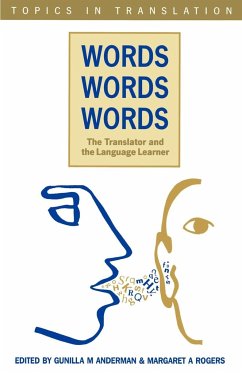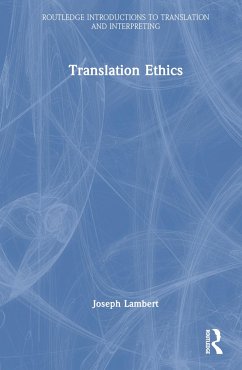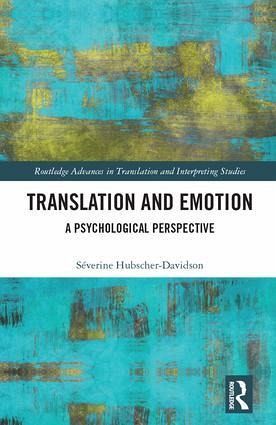
Translation and Emotion
A Psychological Perspective
Versandkostenfrei!
Versandfertig in 1-2 Wochen
176,99 €
inkl. MwSt.
Weitere Ausgaben:

PAYBACK Punkte
88 °P sammeln!
This book offers a new interdisciplinary approach to the study of emotion in translation, introducing a nuanced psychological framework to the developing area of Translation Process Research and cognitive translatology.






